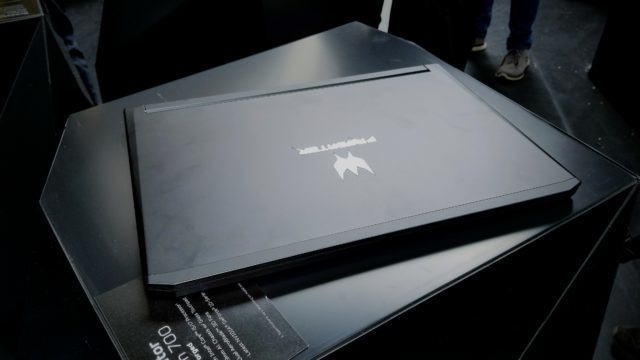Plastc Disappears After $9 Million in Pre-Orders for Their All-in-One Smart Credit Card
Plastc took $9 million dollars in pre-orders for their card that allows you to store a number of cards in it digitally and then swap between them by tapping the e-ink touchscreen built-in. Brilliant, right? I thought so, and that’s why I ordered one myself from the Kickstarter campaign (along with my father, who loved the idea).
The company spent the last two years sending out email updates on how the production process was coming along. Emails like these (Reading them now is almost funny with the level of conviction they had. Almost).
After a year of these, I said to my father, “So these are never happening, right?” We both already knew the answer.
Now that the company has filed bankruptcy and let all of their employees go, that’s kind of the end of the road for any of the 80,000 pre-orders they had. No refunds, just a $125 lesson.
This is partly why when I get press releases from companies asking me if I’d be interested in doing a story about their amazing new product on Kickstarter or IndieGoGo, I always ask one question and it usually stops the conversation: “Do you have a working unit?” Crickets.
The Issue of Crowdfunding
We live in an age where if a company has a compelling enough video of a “revolutionary” product that maybe they made one of (or maybe they were able to fake a working one of on camera), they can raise millions of dollars from average consumers on crowdfunding sites like the two mentioned and are not legally held in any way to produce on those promises.
Now, I understand that that is the nature of crowdfunding and investing in general, but we don’t treat each of those with the same level of caution and the crowdfunding space is getting more and more companies with ambitious goals able to raise tons of money without necessarily the wherewithal or business acumen to get it to market.
But as crowdfunding in the capacity that these sites have allowed it to become is a relatively new concept and, as such, etiquette, rules, regulations, and experience aren’t included initially. So, this latest “crowdfunding and run” issue (along with the slew of them from the past you may not have heard about but, of course, there is a reddit for it), should be a reminder to us all of the risks that crowdfunding carries and that we should all be a bit more cautious with them.
Question is, how does one do their due diligence on a crowdfunded product with no-names in the industry? That is part of the beauty of crowdfunding and its ability to give new entrepreneurs the resources to bring things to life that might never have seen the light of day otherwise. Wonder if there’s a balance or if we just need to assume it’s like a slot machine at a casino –the money you put it isn’t coming back but if you hit the jackpot be pleasantly surprised?
Thoughts on crowdfunding? Anyone else lose money to Plastc? Let me know in the comments below or reach out to me on social.









and this is the reason I do not support crowd funding projects, since a good chunk of them will never get off the ground.
Agreed. I mean I like the idea of supporting crowd funding as it’s nice to see people make products come to life that might never have because some bigwig investor didn’t like it. But needs to be a balance as it becomes more popular to weed out those that are either taking advantage knowingly of the concept or are just unqualified entirely to be the ones to bring it to fruition.
I, too, feel the need to stop a conversation once the person asks “Do you have a working unit?”
Sorry can you clarify?